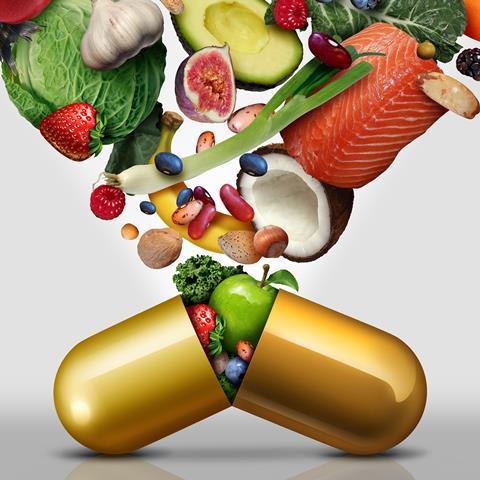CBD, Magic Mushrooms, Psilocybin
Understanding Legal Classifications of Natural Supplements
Natural supplements—ranging from herbal remedies and vitamins to amino acids and probiotics—are widely used for health and wellness. While they are easily accessible and often marketed as safe and beneficial, many consumers are unaware of how these supplements are regulated and classified under the law.
Understanding the legal classifications of natural supplements is essential not only for consumers, but also for manufacturers, health practitioners, and anyone involved in the supplement industry. Unlike prescription medications, natural supplements occupy a unique legal space that blends food, medicine, and traditional remedies, depending on the country and regulatory body.
What Are Natural Supplements?
Natural supplements, often referred to as dietary or nutritional supplements, are products intended to supplement the diet. They can include:
- Vitamins and minerals (e.g., Vitamin D, calcium)
- Herbs and botanicals (e.g., ginseng, echinacea)
- Amino acids and proteins
- Probiotics and digestive enzymes
- Natural oils (e.g., fish oil, flaxseed oil)
These products come in various forms, including capsules, powders, tablets, tinctures, and teas. While often assumed to be benign due to their “natural” label, supplements can still have potent effects and interactions with medications.
Legal Classification in the United States
In the United States, natural supplements are regulated under the Dietary Supplement Health and Education Act (DSHEA) of 1994. Under DSHEA, supplements are legally classified as a category of food—not drugs.
Key Points of U.S. Classification:
- No Pre-Approval Required: Unlike pharmaceutical drugs, supplements do not need FDA approval before they are marketed. However, manufacturers must ensure safety and truthful labeling.
- Structure/Function Claims Allowed: Supplements can claim to support the structure or function of the body (e.g., “supports immune health”) but cannot claim to cure, treat, or prevent specific diseases unless approved through clinical research.
- Good Manufacturing Practices (GMP): Manufacturers must follow quality control standards to ensure products are not contaminated or mislabeled.
- Post-Market Regulation: The FDA can take action against unsafe or misbranded products, but this often happens only after products are on the market and problems are reported.
European Union Regulations
In the European Union, natural supplements are regulated as foods or food supplements, and each country may have its own rules on acceptable ingredients and health claims.
Highlights:
- European Food Safety Authority (EFSA): Evaluates scientific evidence behind health claims and sets upper safe limits for certain nutrients.
- Authorization of Claims: Only approved health claims can appear on labels, and these must be backed by substantial scientific evidence.
- Ingredient Restrictions: Some herbs and plant extracts may be banned or restricted based on national safety assessments.
This regulatory environment is generally stricter about what companies can say about the benefits of their supplements, compared to the U.S.
Other International Approaches
Canada:
Natural supplements are classified as Natural Health Products (NHPs) and regulated by Health Canada. All products must be licensed and carry an NPN (Natural Product Number) to show approval for safety and efficacy.
Australia:
The Therapeutic Goods Administration (TGA) classifies many supplements as complementary medicines, which must be listed or registered depending on their risk level.
The Gray Area: When Supplements Become Drugs
The line between supplement and drug can blur. If a natural supplement is found to have drug-like effects—or if companies market it as a treatment for diseases—it can be reclassified and regulated as a drug.
For example, CBD (cannabidiol) was widely sold as a supplement, but due to its pharmacological effects and clinical uses (like treating epilepsy), some forms of CBD are now regulated as drugs in countries like the U.S., Canada, and the UK.
Consumer Responsibilities and Risks
Because of the light regulatory oversight in many countries, consumers must be cautious:
- Check for third-party testing to ensure product purity and accuracy.
- Consult with a healthcare provider, especially if taking other medications.
- Watch for unsupported claims like “miracle cure,” which are red flags for misleading or illegal marketing.
Additionally, some supplements may contain undeclared pharmaceutical ingredients, heavy metals, or allergens—especially if imported from unregulated sources.
Final Thoughts
Natural supplements can offer a wide range of health benefits, but understanding their legal classification is key to making informed choices. In most jurisdictions, these products are regulated as food, not medicine, meaning you carry more responsibility for ensuring their safety and efficacy.
Whether you’re a casual user or a health enthusiast, always read labels, stay informed about your country’s regulations, and consult professionals when incorporating new supplements into your routine. In the evolving landscape of wellness, knowledge is your best defense and ally.

